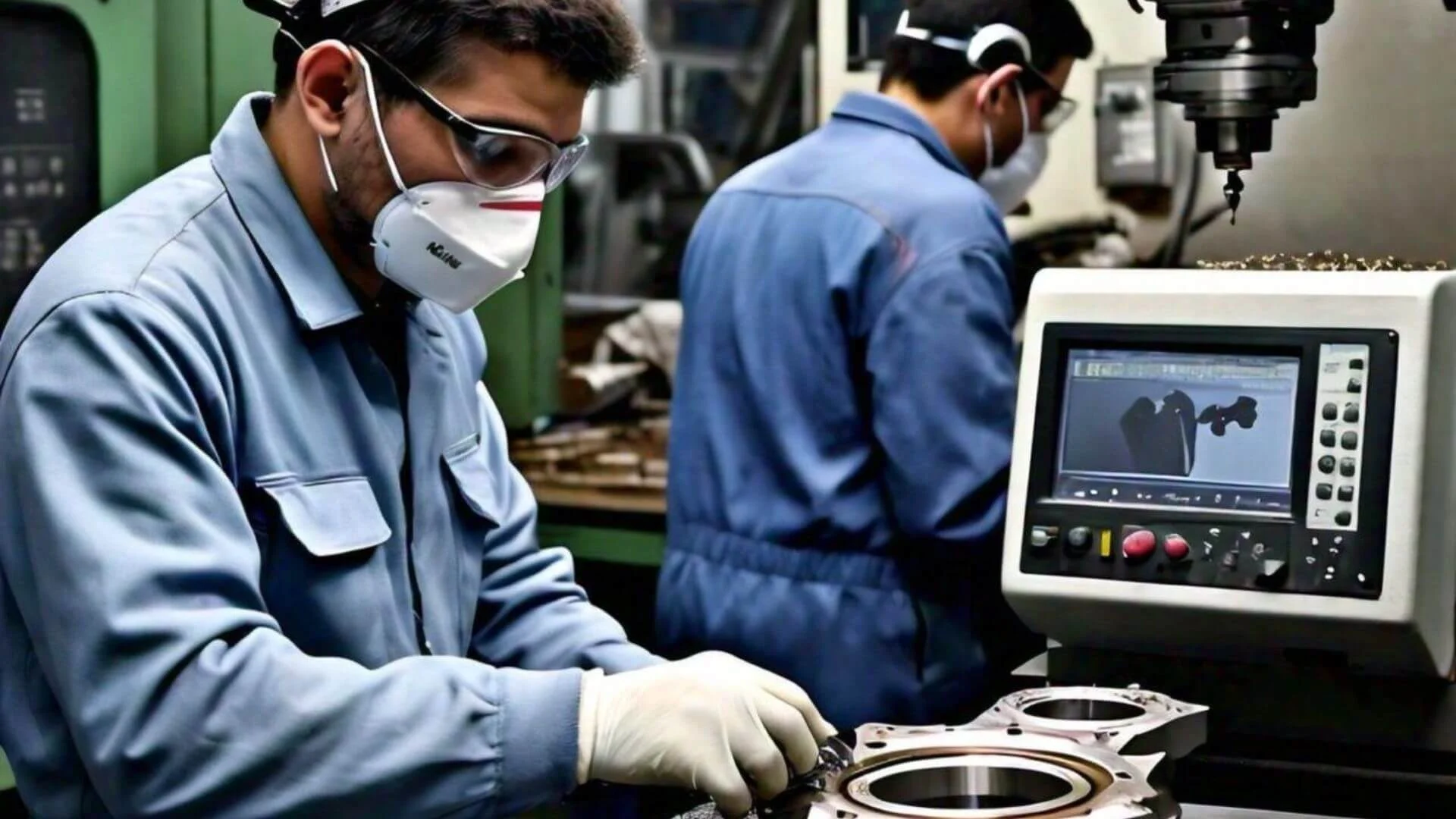Mastering Precision: Achieving Tight Tolerances in Precision Machining

The Importance of Aerospace Manufacturing in India
April 17, 2024Tolerances refer to the permissible variation in dimensions, form, and position of a part from the desired specifications. Tight tolerances mean stricter control over these variations, requiring precision down to fractions of a millimetre or even microns. This level of precision is crucial for parts that require seamless assembly, minimal clearance, or high-performance functionality.
Key Factors in Achieving Tight Tolerances
1. Advanced Machinery: Precision machining relies on state of the art CNC machines equipped with high-precision tools and cutting techniques. These machines offer exceptional control and repeatability, ensuring consistent results within tight tolerances.
2. Quality Materials: The choice of materials plays a critical role in achieving tight tolerances. High-quality metals, alloys, or engineered plastics with uniform properties contribute to stable machining processes and dimensional accuracy.
3. Tooling and Toolpath Optimization: Optimal selection of cutting tools, tool coatings, and cutting parameters is essential for achieving tight tolerances. Toolpath optimization reduces vibrations and tool deflection, minimising dimensional errors during machining.
4. Measurement and Inspection: Continuous monitoring and inspection throughout the machining process are imperative. Advanced metrology tools such as coordinate measuring machines (CMMs) and laser scanners verify dimensional accuracy and ensure compliance with tight tolerance requirements.
5. Skill and Expertise: Skilled machinists with in-depth knowledge of machining techniques, materials, and tooling are crucial for achieving tight tolerances. Their experience and attention to detail play a pivotal role in maintaining precision throughout the manufacturing process.
Benefits of Tight Tolerances
● Enhanced Performance: Components manufactured with tight tolerances exhibit superior performance, reliability, and durability.
● Reduced Waste: Tight tolerances minimise material waste and optimise production efficiency, leading to cost savings.
● Compatibility and Interchangeability: Parts with tight tolerances ensure compatibility and ease of assembly in complex systems or machinery.
● Quality Assurance: Tight tolerances are a hallmark of quality, instilling confidence in product reliability and customer satisfaction.

Pushing the Boundaries of Precision
In the world of precision machining, achieving tight tolerances is not just a goal it's a testament to engineering excellence and innovation. As technology advances and demands for precision increase, the pursuit of tighter tolerances continues to drive innovation in manufacturing.



